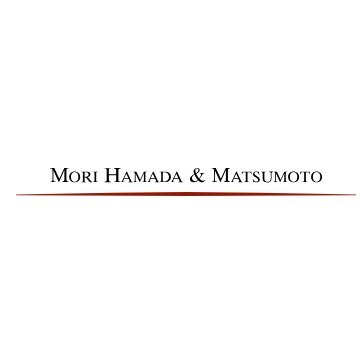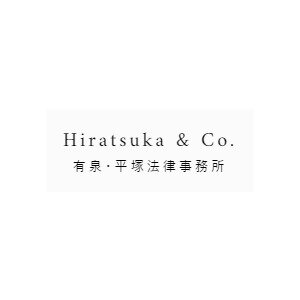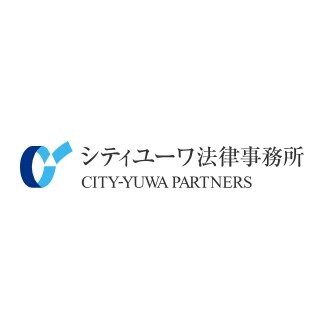Best Labor Law Lawyers in Chiyoda-ku
Share your needs with us, get contacted by law firms.
Free. Takes 2 min.
List of the best lawyers in Chiyoda-ku, Japan
About Labor Law in Chiyoda-ku, Japan
Labor law in Chiyoda-ku, Japan primarily follows national labor standards, which regulate the relationship between workers and employers. These laws aim to secure equal opportunity and treatment, fair working conditions, and the improvement of worker welfare. The Labor Standards Act, the Labor Contracts Act, and other regulations form the backbone of employment law, ensuring workers' rights are protected, including matters concerning wages, working hours, health and safety, and dispute resolution.
Why You May Need a Lawyer
There are several situations where individuals may need legal assistance in labor law matters. These include disputes over wrongful termination, non-payment or delayed payment of wages, issues related to employment contracts, discrimination or harassment at the workplace, problems regarding overtime and work hours, and disputes concerning pension and insurance benefits. A lawyer specialized in labor law can provide guidance and representation to ensure your rights are protected and properly addressed.
Local Laws Overview
Chiyoda-ku, as part of Tokyo, adheres to the nationwide labor laws of Japan. However, local implementation and the presence of a significant international business district may influence certain labor law interpretations and negotiations, particularly in multilingual and multicultural workplaces. Key aspects include adherence to the forty-hour workweek, proper handling of overtime compensation, strict guidelines for health and safety measures, and specific protocols for Equal Employment Opportunity (EEO) compliance. Special attention is often given to observing the rules' alignment with international business practices due to the district's global commercial presence.
Frequently Asked Questions
What is the legal minimum wage in Chiyoda-ku?
The legal minimum wage in Chiyoda-ku follows the Tokyo Prefecture minimum wage, which is reviewed and adjusted annually. It's important to verify the current rate as it may differ from the national average.
How are working hours regulated?
In Japan, the standard working hours are set at 40 hours per week, with a maximum of 8 hours per day. Any work beyond these hours typically requires overtime pay.
What rights do workers have concerning overtime?
Workers are entitled to receive an overtime premium for hours worked beyond the standard workweek or eight hours per day. The overtime rates vary but generally range from 125% to 150% of regular pay, depending on the circumstances.
What legal protection exists against workplace harassment?
Both the Labor Contracts Act and the Equal Employment Opportunity (EEO) Act contain provisions against discrimination and harassment at the workplace, ensuring employees have a safe and respectful working environment.
Can employment contracts differ from labor laws?
Employment contracts can stipulate conditions as long as they do not contravene basic labor rights outlined in national and local labor laws. Any clause reducing the standards set by labor laws may be deemed void.
What steps can I take in case of wrongful termination?
If you believe you have been wrongfully terminated, consider seeking legal advice. Collect relevant documents, such as employment contracts and termination notices, and consult with a labor law specialist.
How can I handle wage disputes?
In case of wage disputes, maintaining a detailed record of working hours and payment receipts is crucial. These records can be significant evidence when consulting with a legal expert or labor office.
Are there specific regulations for foreign workers?
Yes, foreign workers in Chiyoda-ku must have appropriate visas and work permits. Employers must adhere to the same labor laws and provide additional support aligning with immigration laws.
What is the process for resolving labor disputes?
Labor disputes can be addressed through internal resolution processes, mediation by the labor standards inspection office, or legal proceedings, depending on the dispute's nature and severity.
What is the role of labor unions?
Labor unions in Chiyoda-ku play a significant role in protecting workers' rights, ensuring fair labor practices, and negotiating better employment conditions through collective bargaining.
Additional Resources
Those in need of legal advice may find the following resources helpful: the Tokyo Labor Bureau, which enforces labor standards, and the Chiyoda City Office, which offers general guidance. Legal aid services provided by bar associations can also be useful, as well as labor unions that offer support and advocacy for workers.
Next Steps
To proceed with addressing a labor law issue, it is advisable to first gather all necessary documentation related to your employment and any specific dispute. You can then approach a labor law attorney for a consultation to outline your case. Alternatively, contact the local labor standards office for initial guidance. If needed, consider joining a relevant labor union for additional support and representation. Ensure to act promptly, as certain claims may be subject to specific time constraints for filing.
Lawzana helps you find the best lawyers and law firms in Chiyoda-ku through a curated and pre-screened list of qualified legal professionals. Our platform offers rankings and detailed profiles of attorneys and law firms, allowing you to compare based on practice areas, including Labor Law, experience, and client feedback.
Each profile includes a description of the firm's areas of practice, client reviews, team members and partners, year of establishment, spoken languages, office locations, contact information, social media presence, and any published articles or resources. Most firms on our platform speak English and are experienced in both local and international legal matters.
Get a quote from top-rated law firms in Chiyoda-ku, Japan — quickly, securely, and without unnecessary hassle.
Disclaimer:
The information provided on this page is for general informational purposes only and does not constitute legal advice. While we strive to ensure the accuracy and relevance of the content, legal information may change over time, and interpretations of the law can vary. You should always consult with a qualified legal professional for advice specific to your situation.
We disclaim all liability for actions taken or not taken based on the content of this page. If you believe any information is incorrect or outdated, please contact us, and we will review and update it where appropriate.













